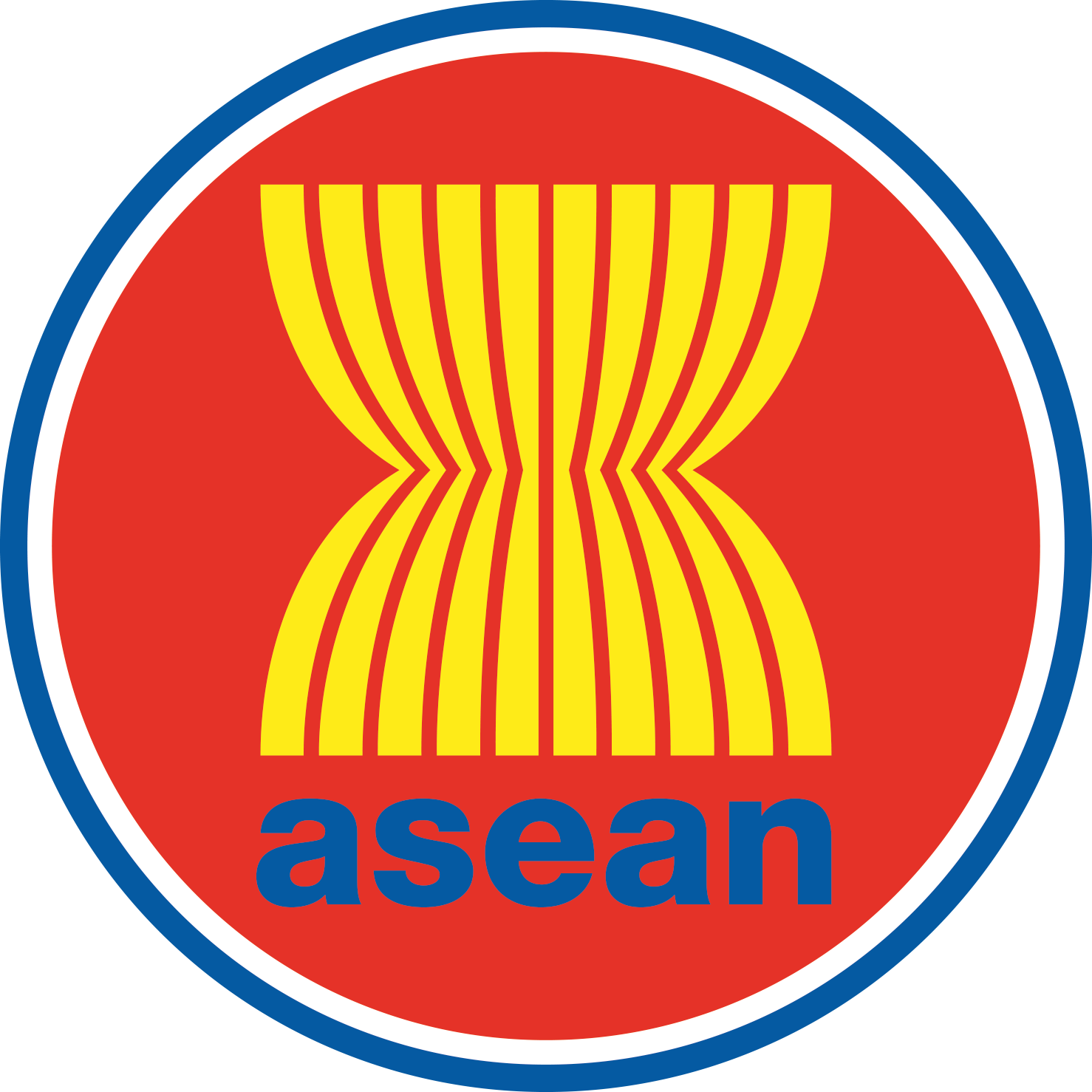Regulators
There are different institutional models for consumer protection enforcement. Some countries establish dedicated Consumer Protection Agencies (CPA) to coordinate policies and measures across sectors. In other countries, the main mandate for implementing consumer protection law lies within an existing ministry—in most cases, the ministry of industry and trade or commerce. Regardless of the institutional set-up, CPAs need to consult with multiple stakeholders due to the cross-sectoral nature of consumer protection issues. Listed below are common responsibilities of CPAs vis-à-vis other government entities, businesses and consumers.

Consumer Protection Agencies
Countries would often establish a new agency to take charge of consumer protection matters in its territory. Alternatively, such powers and responsibilities could also be vested with an existing one, which is often the ministry of industry and trade or commerce, which would set up or assign a specific department to oversee all consumer-related affairs. Such agencies, here below commonly referred to as the ‘Consumer Protection Agencies’, would have one or more than one of the following powers and responsibilities:
- Enforcing consumer protection (and competition) laws;
- Registering and issuing licences for certain designated types of business activities;
- Issuing administrative rules to regulate conduct of business entities and ensuring the protection of consumer interests;
- Advising the government on appropriate measures for consumer protection;
- Representing the consumer interest in other intergovernmental committees;
- Advising consumers and businesses of their rights and obligations under the relevant consumer protection laws;
- Conducting, or commissioning market surveys and research into consumer protection problems;
- Conducting or commissioning product testing for safety and quality, and disseminating information to consumers;
- Managing and/or monitoring the performance of consumer tribunals or other mechanisms for the handling of consumer claims;
- Consulting with relevant stakeholders to understand consumer issues and developing policy to address problem areas;
- Organizing public education and information programmes independently or in collaboration with consumer organizations or business entities; and
- Representing the national consumer interests at regional and international negotiations on individual cases and discussions of regional and international policies.
Where the agency’s role is not interventionist in nature, its functions could be advisory to ensure that both businesses and consumers are informed of their rights and responsibilities through public education and information programmes. The agency could also play a representative role within the government to comment and make recommendations on consumer protection laws and other related laws including where it resides within the jurisdiction of other departments that would have an impact on the consumer interests.
While there are different models to choose from, the functions of the consumer protection agency are quite similar, as listed above, whether it is part of the government or an autonomous entity. Some agencies, though independent in structure, are still dependent on the government for their operating costs and are answerable to the minister charged with the responsibility and, as public bodies, to national parliaments or assemblies.
Where the responsibilities and powers for consumer protection are not centralised into one single agency, but shared amongst different public bodies, the consumer protection agency or a high-level body with the consumer agency as the secretariat, could and should still play a central role of coordinating amongst these bodies, to ensure policy coherence, and avoid the problems of overlapping mandates, duplication or negative forum-shopping, while according the consumers with the highest level of protection possible.


